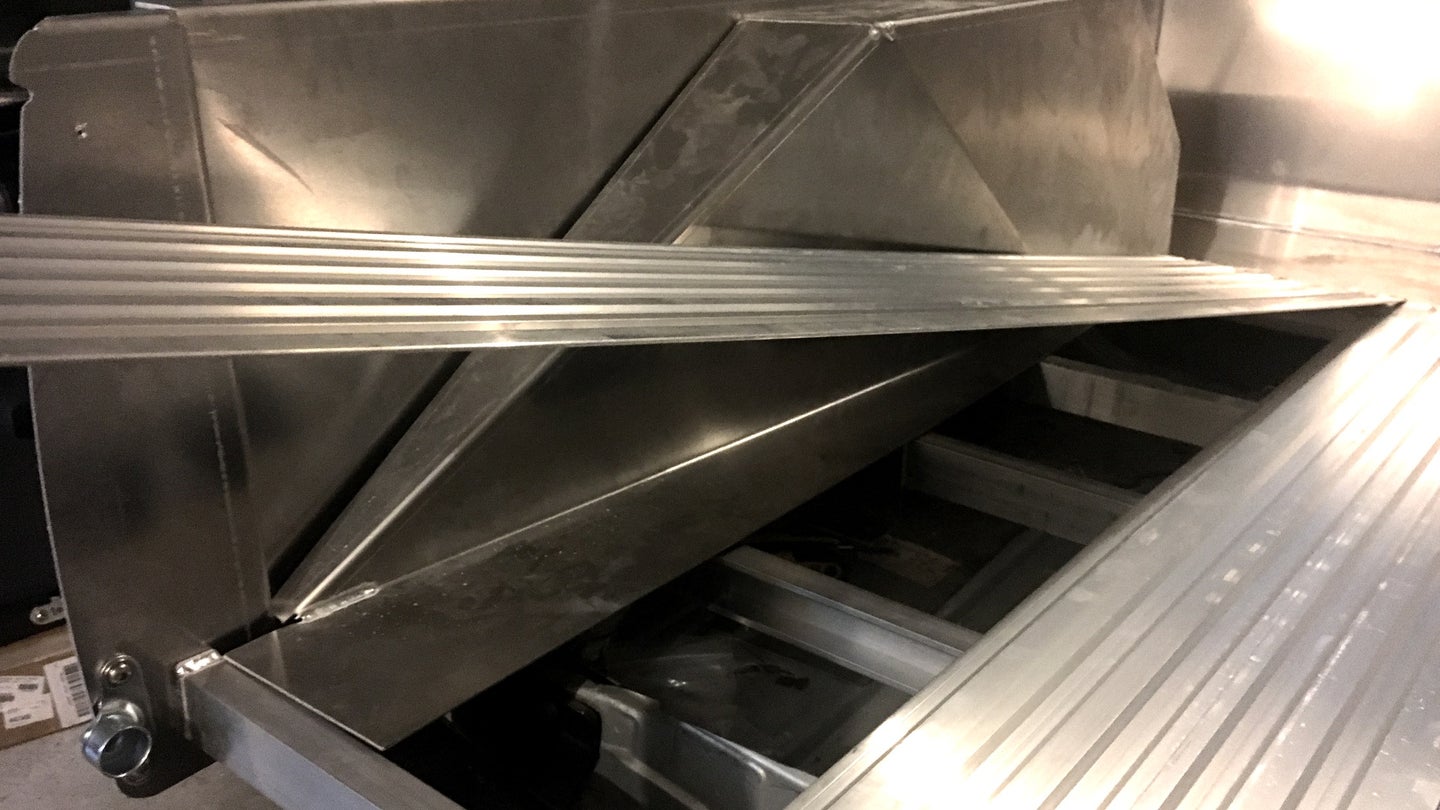Massachusetts Bill Would Imprison Owners, Seize Car for Having Secret Compartments
Though the law is intended to thwart drug smuggling, car owners could be found guilty even if no drugs are on board.

Han Solo was famous for having numerous secret storage compartments for smuggling contraband, or even himself. But under a proposed Massachusetts law, authorities could imprison Solo and seize the Millennium Falcon just for having these secret compartments on board, regardless of whether they contained anything or not.
As a great philosopher once said, "Drugs are bad, m'kay?" Getting them off the street by prohibiting their sale, possession, or transport is a good thing. But Massachusetts Bill H.1266 goes several steps beyond what is reasonable to prevent this. The bill's definition of a secret compartment is "any after-market hidden or secret compartment that is operated electronically, mechanically, or manually and has been installed in or attached to a conveyance including any aircraft, vehicle, or vessel, or any factory-designed void in such a conveyance that has been modified, altered, or changed to function as a hidden compartment." This definition is overly broad. As I begin to install the fiberglass body panels on my Smyth Performance Ute kit, do I need to worry that the space between the aluminum bed and the outer panels might qualify as a secret compartment under the wording of this bill?
Additionally, the bill says that only the intent to transport controlled substances is necessary to be in violation. These compartments may be completely empty, and never transported drugs, or money or weapons related to the sale of drugs, yet still be illegal under this bill. Finally, the bill specifies that only "prima facie evidence" is required for forfeiture of the vehicle to the department that discovers it. The Latin translates to "at first sight," meaning that if it looks like you have a secret compartment, it's up to you to prove your innocence, rather than being innocent until proven guilty. If you can't do that, the bill mandates a two-year prison sentence for a first offense and five to ten years for subsequent offenses. So basically, if a cop thinks you have a secret compartment, they're taking your ride, and you're going to jail.
The ACLU opposed a similar law that went into effect in Ohio in 2012. It has a similarly broad definition of a secret compartment but does not have provisions for seizing a vehicle. The Massachusetts bill goes even farther than the Ohio law. Rahsaan Hall, Director of the Racial Justice Program of the Massachusetts ACLU, told me the bill is overreach and "headed in the wrong direction." The organization is pushing to repeal mandatory minimum sentences across the board, as criminologists have said there is no benefit to them, and they disproportionately affect communities of color. He also agrees that the wording of H.1266 is too broad, giving law enforcement too much power to seize vehicles without enough proof of intent to transport drugs or drug-related contraband.
H.1266 is currently referred to the House Committee on Bills in the Third Reading, and has not yet been scheduled for another hearing. With only five sponsors out of 160 members of the Massachusetts House of Representative, it is far from certain that this bill will become law. Let's hope it doesn't, at least in its current form.
